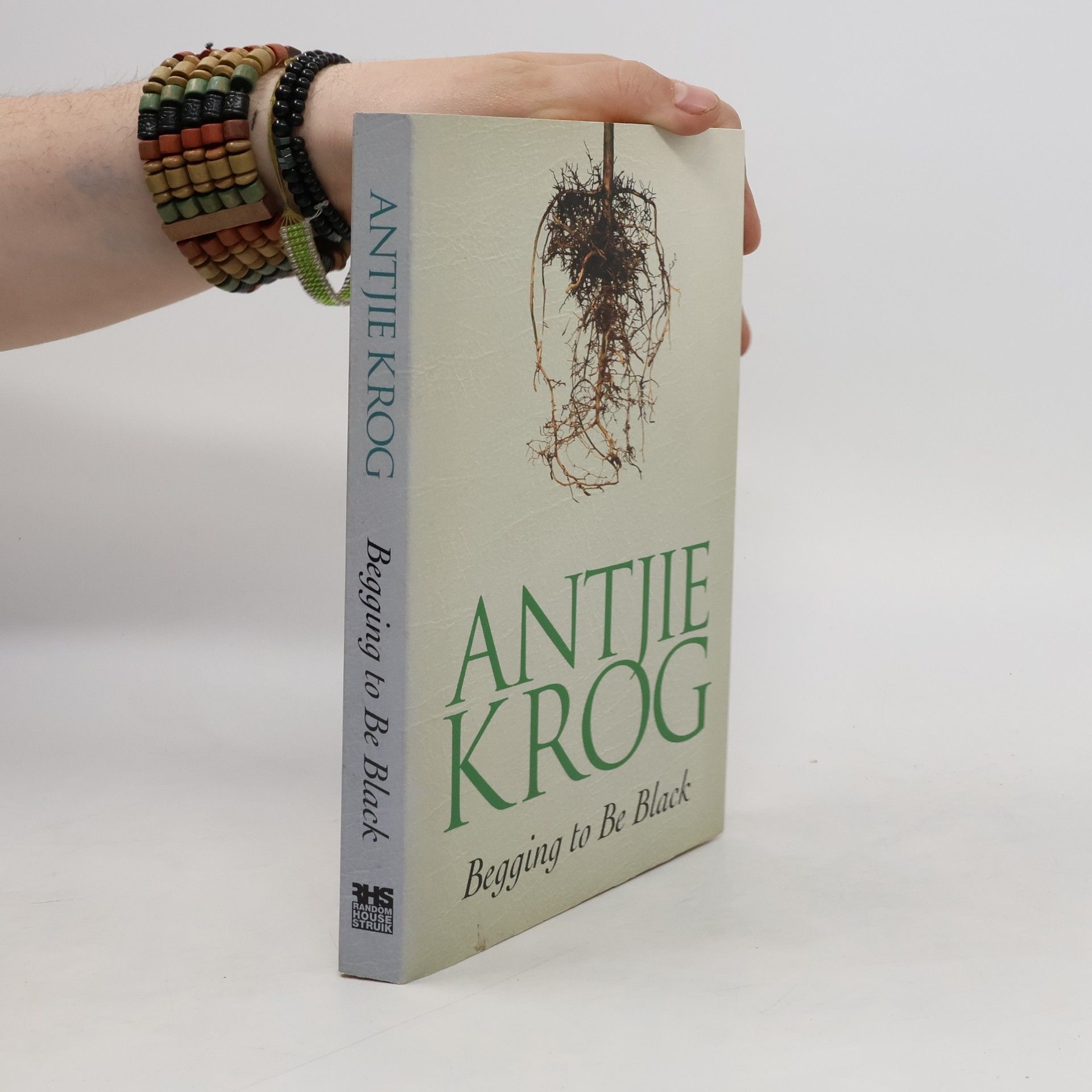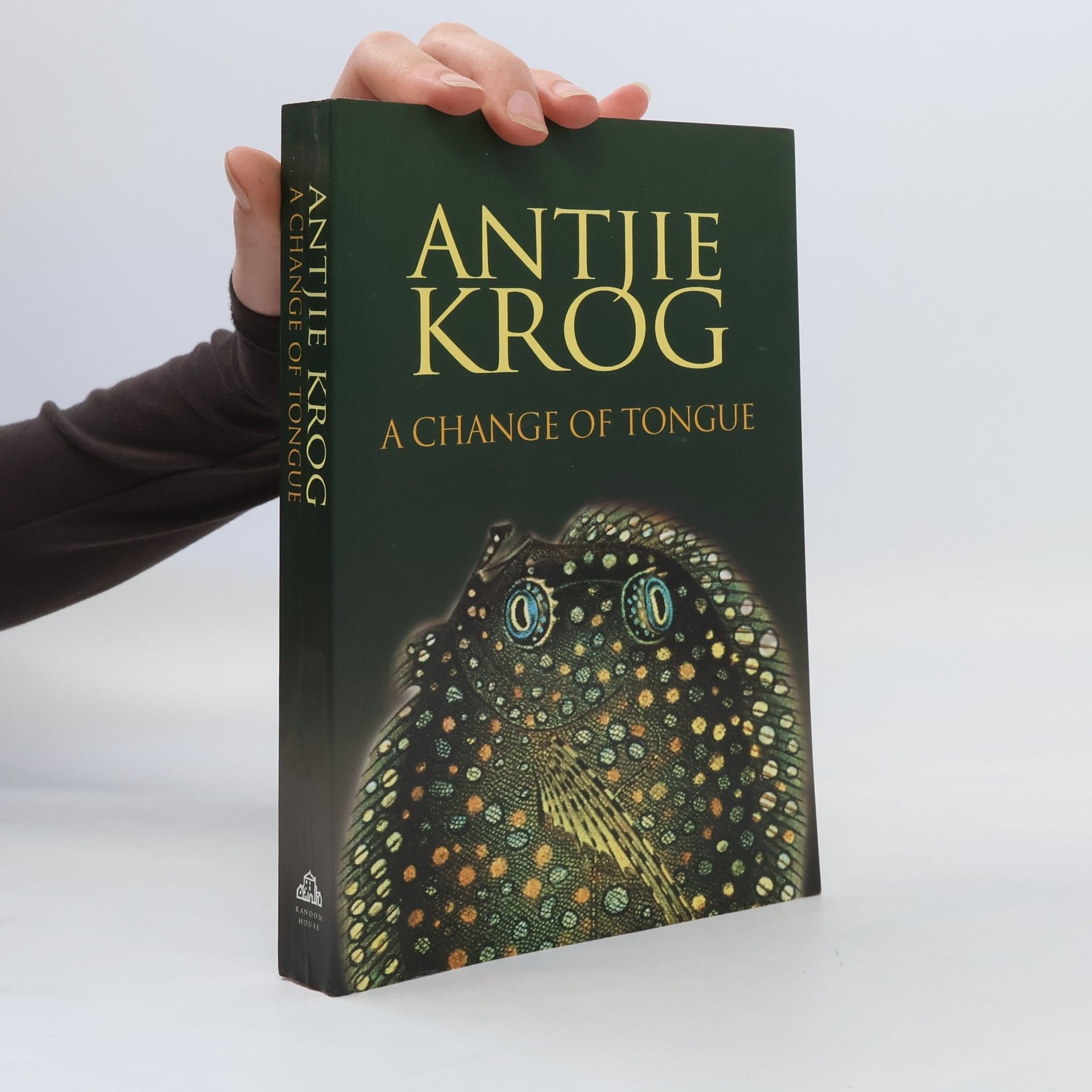Kleur komt nooit alleen
- 189bladzijden
- 7 uur lezen
Gedichten van de Zuid-Afrikaanse dichteres (1952- ) met vertaling.
Haar werken duiken in de diepten van de menselijke ervaring, waarbij ingewikkelde relaties en innerlijke strijd worden onderzocht. Door haar kenmerkende stijl vangt de auteur de complexiteit van het leven met scherp inzicht en empathie. Haar schrijven staat bekend om zijn emotionele resonantie en het vermogen om diepgaande gevoelens op te roepen. Lezers waarderen haar vaardigheid in het creëren van levendige personages en meeslepende verhalen.





Gedichten van de Zuid-Afrikaanse dichteres (1952- ) met vertaling.
"In Plunder Krog develops her familiar themes of family, body and land but this time in the harsh light of pillaging, whether being done by nature, humans, or old age. The poems reveal a painful fragility and yet also finding comfort, a nourishment in remarkable moments of beauty: the delight of an egret in a vlei, watching over a young child who is discovering the world around him, and remembering the raptures of love"--Provided by publisher
Identity, belonging and voyages of personal discovery are but some of the themes inventively explored in the author's first full-length work to appear in English since the publication of Country of my skull.In times of fundamental change, people tend to find a space, lose it and then find another space as life and the world transform around them. What does this metamorphosis entail and in what ways are we affected by it? How do we live through it and what may we become on our journey toward each other, particularly when the space and places from which we depart are - at least on the surface - so vastly different?Ranging freely and often wittily across many terrains, this brave book by one of South Africa's foremost writers and poets provides a unique and compelling discourse on living creatively in Africa today.
Guilt, Sorrow, and the Limits of Forgiveness in the New South Africa
The narrative explores South Africa's profound transformation following Nelson Mandela's release from prison in 1990, marking the end of apartheid. It delves into the dismantling of oppressive laws and the reunification of a nation previously divided by race. The book addresses the challenges of reconciling a painful history and fostering coexistence among communities once set against each other. Through this lens, it examines the resilience and potential of a country striving to heal and build a more equitable future.
Exploring the intersections of politics, history, and philosophy, this work offers insights from one of South Africa's esteemed literary non-fiction authors. The reflections delve into significant themes relevant to contemporary society, providing a thought-provoking analysis that challenges readers to reconsider their perspectives on these critical subjects. The author's respected voice adds depth and credibility to the exploration of complex ideas, making it a compelling read for those interested in the socio-political landscape of South Africa.